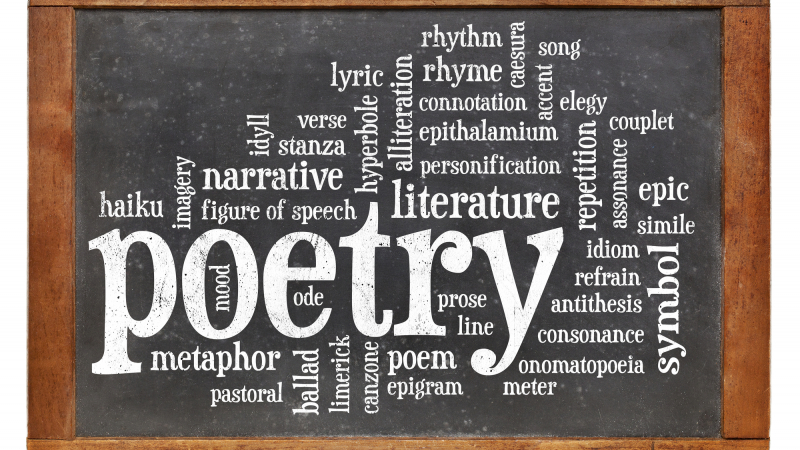Poetry in the Classroom: A Modern Eve

In Poetry class, students were asked to write an original open form poem. Below is Adam Wilcox’s poem about the commercialism of Christmas. See his explanation after the poem. To learn more about our Live Online Classes click HERE.
A Modern Eve
“I am He Whom thou seekest!
Thou dravest love from thee, Who dravest Me.”
~Francis Thompson The Hound of Heaven
It is cold, and emails flood my inbox;
They goad
They tempt
They charge
They chafe
Against the margin
Of my lustful self-effacing heart.
Click, drag, trash
Click, drag, trash
Click, drag, trash…
I never opened them;
Passed judgment.
They never had the chance to bore my mind
With mazes of manipulative thought
Now overcome: “ten conversations moved to trash”!
That’s ten more still unread…
Just a moment, just a glance
And they’ll be gone as well –
Dispensed with;
Or so my mercenary heart conceived
As I clicked – and – s-c-r-o-l-l-e-d
Through; (thinking them good in all their maskéd ill)
To slake my thirst by their empty wells.
Like Eden’s fruit, with all its subtle woe
They hunger me, O Thou Who mak’st me whole.
Explanation: This poem discusses the commercialism we see in modern America around Christmas, as represented by the myriad of emails we all receive from various companies at this time of year. While some are from companies we signed up with, others are from their business partners, serving to redouble the temptation to buy. Like Eve, we are convinced that we know best and are in control of our own desires, and like Eve, we fail to recognize that we are actually being manipulated. Thus, the poem presents the many emails of the “holiday season” and their unprecedented power over us as a miniature fall, and an example of the human nature and condition.
Some of the poetic elements showcased here are: 1) zig-zag structure – this adds to the sense of disorientation as un-numbered emails pour into the inbox, all clamoring for attention and explaining why ones life can never be right without x product. These ads sow a seed of doubt in us that we are not living as well as we could if we bought it. 2) alliteration is present in multiple cases throughout the poem, adding to the sense of rhythm and relentlessness. Some examples are found in lines 4, 5, and 14. 3) Repetition is another prominent feature in the poem, found both in the form of rhyme and repetition in the simplest sense of the word. Lines 8, 9, and 10 exemplify this, and, I hope, will provide a swelling pitch of urgency and rhythm transferring through to the heart of the poem. I also included some instances of pseudo rhyme, ending many consecutive lines with words beginning in “w” as in lines 23, 24, and 25, communicating a more unified theme near the end of the poem, also mirrored by the no-longer-zig-zagged structure. 4) Allusion, though not present anywhere but the title and the last few lines, is nevertheless very important to the poem as described in full above. I have also included a short quote from the Hound of Heaven by Francis Thompson at the beginning, as I feel that it ties in very well to the style and theme of the poem. 5) Figurative language – there are a couple of notable examples of this in the poem.
The poem begins by providing an image of the emails: their persistence and sometimes insidious influence. The most obvious examples of figurative language are in the last few lines, where I have described the act of buying as an attempt to “slake my thirst” in “empty wells”, and again with the final line, describing the hunger that promotional emails in part and the One Who makes us whole.
In the rare event that Adam isn’t working on homework, he enjoys fly fishing, reading, playing Classical piano music and thinking about Omnibus. In keeping with a rather antiquated taste, he and his family live in an 18th Century Maryland farmhouse, where they enjoy plenty of peace and quiet.






